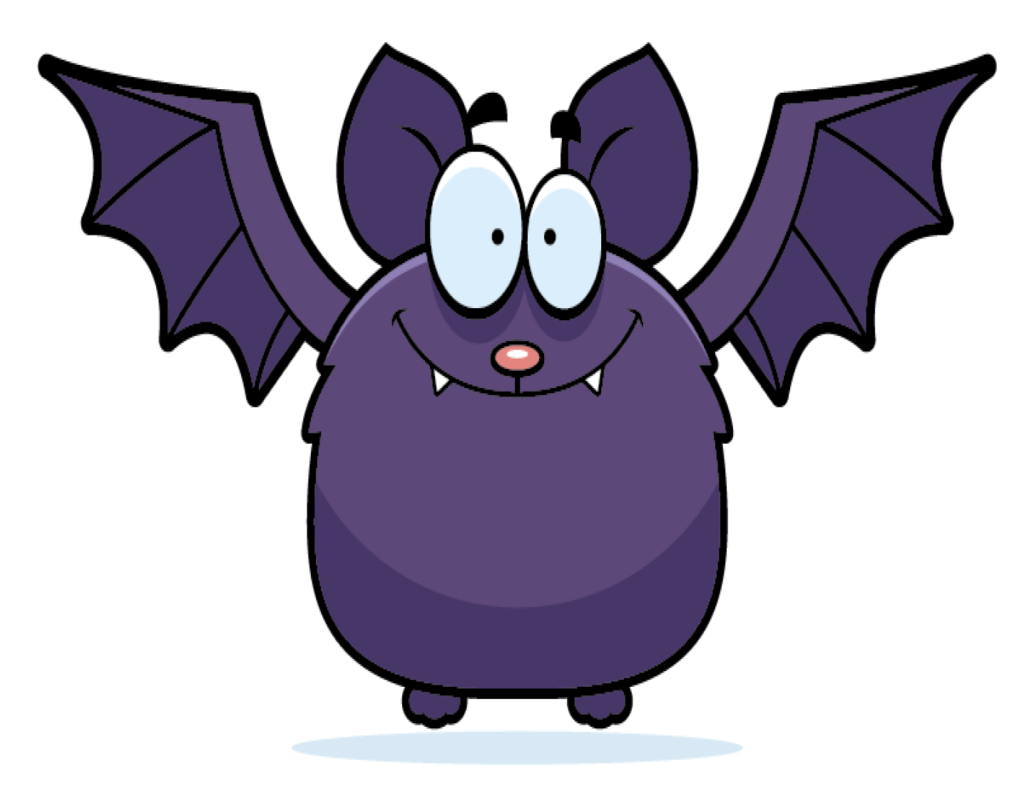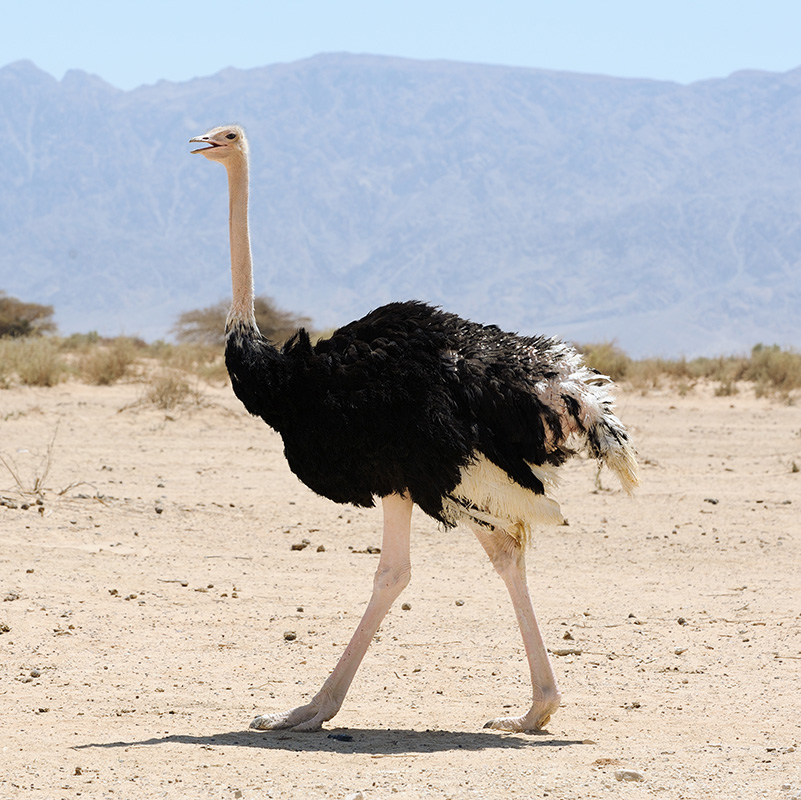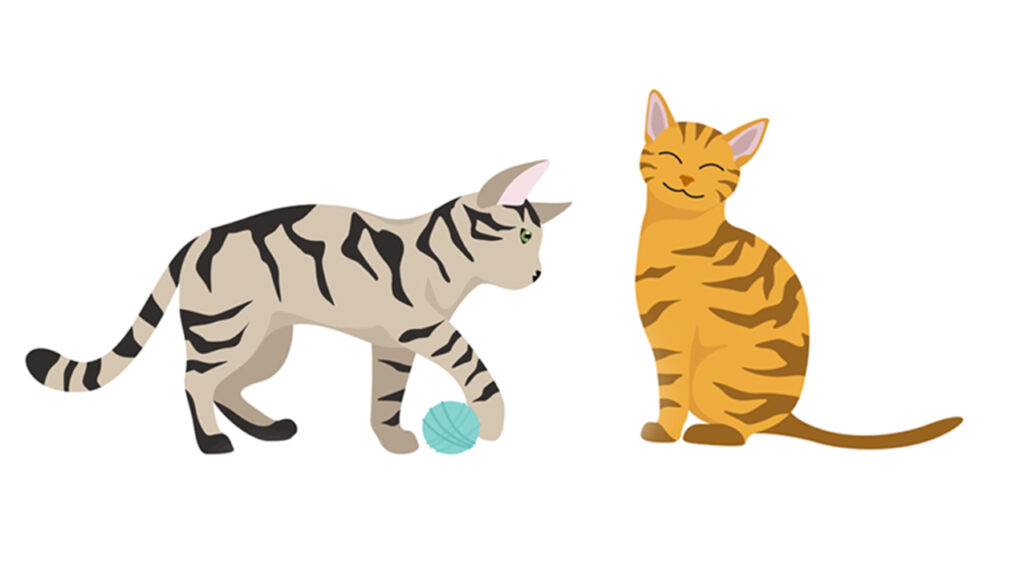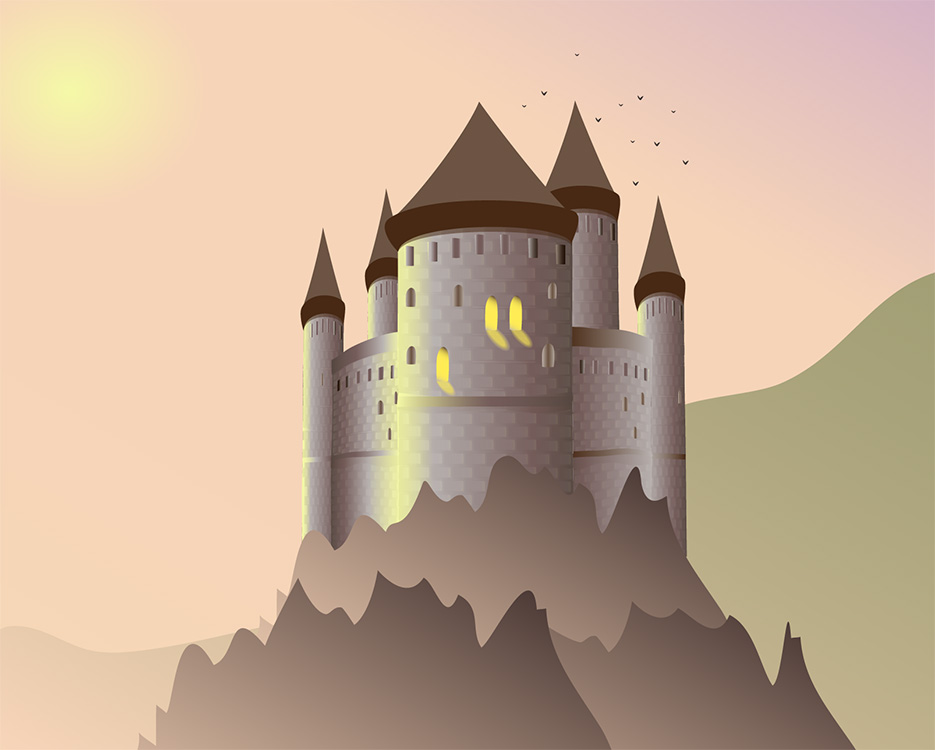FOURTH STORY: PRINCE AND PRINCESS
A TALE IN SEVEN STORIES
BY HANS CHRISTIAN ANDERSON
Gerda was soon obliged to rest again. A big crow hopped on to the snow, just in front of her. It had been sitting looking at her for a long time and wagging its head. Now it said, “Caw, caw; good-day, good-day,” as well as it could; it meant to be kind to the little girl, and asked her where she was going, alone in the wide world.
Gerda understood the word “alone” and knew how much there was in it, and she told the crow the whole story of her life and adventures, and asked if it had seen Kay.
The crow nodded its head gravely and said, “May be I have, may be I have.”
“What, do you really think you have?” cried the little girl, nearly smothering him with her kisses.
“Gently, gently!” said the crow. “I believe it may have been Kay, but he has forgotten you by this time, I expect, for the Princess.”
“Does he live with a Princess?” asked Gerda.
“Yes, listen,” said the crow; “but it is so difficult to speak your language. If you understand crow’s language, I can tell you about it much better.”
“No, I have never learnt it,” said Gerda; “but grandmother knew it, and used to speak it. If only I had learnt it!”
“It doesn’t matter,” said the crow. “I will tell you as well as I can, although I may do it rather badly.”
Then he told her what he had heard.
“In this kingdom where we are now,” said he, “there lives a Princess who is very clever. She has read all the newspapers in the world, and forgotten them again, so clever is she. One day she was sitting on her throne, which is not such an amusing thing to do either, they say; and she began humming a tune, which happened to be, ‘Why should I not be married, oh why?’
“‘Why not indeed?’ said she. And she made up her mind to marry, if she could find a husband who had an answer ready when a question was put to him. She called all the court ladies together, and when they heard what she wanted they were delighted.
“‘I like that now,’ they said. ‘I was thinking the same thing myself the other day.’
“Every word I say is true,” said the crow, “for I have a tame sweetheart who goes about the palace whenever she likes. She told me the whole story.”

How did the crow know about the Princess?
Of course his sweetheart was a crow, for “birds of a feather flock together,” and one crow always chooses another. The newspapers all came out immediately with borders of hearts and the Princess’s initials. They gave notice that any young man who was handsome enough might go up to the Palace to speak to the Princess. The one who spoke as if he were quite at home, and spoke well, would be chosen by the Princess as her husband. “Yes, yes, you may believe me, it’s as true as I sit here,” said the crow. “The people came crowding in; there was such running, and crushing, but no one was fortunate enough to be chosen, either on the first day, or on the second. They could all of them talk well enough in the street, but when they entered the castle gates, and saw the guard in silver uniforms, and when they went up the stairs through rows of lackeys in gold embroidered liveries, their courage forsook them. When they reached the brilliantly lighted reception-rooms, and stood in front of the throne where the Princess was seated, they could think of nothing to say, they only echoed her last words, and of course that was not what she wanted.
“It was just as if they had all taken some kind of sleeping-powder, which made them lethargic; they did not recover themselves until they got out into the street again, and then they had plenty to say. There was quite a long line of them, reaching from the town gates up to the Palace.
“I went to see them myself,” said the crow. “They were hungry and thirsty, but they got nothing at the Palace, not even as much as a glass of tepid water. Some of the wise ones had taken sandwiches with them, but they did not share them with their neighbours; they thought if the others went in to the Princess looking hungry, that there would be more chance for themselves.”
“But Kay, little Kay!” asked Gerda. “When did he come? Was he amongst the crowd?”
“Give me time, give me time! We are just coming to him. It was on the third day that a little personage came marching cheerfully along, without either carriage or horse. His eyes sparkled like yours, and he had beautiful long hair, but his clothes were very shabby.”
“Oh, that was Kay!” said Gerda gleefully. “Then I have found him!” She clapped her hands.
“He had a little knapsack on his back!” said the crow.
“No, it must have been his sledge; he had it with him when he went away!” said Gerda.
“It may be so,” said the crow; “I did not look very particularly; but I know from my sweetheart, that when he entered the Palace gates, and saw the life-guards in their silver uniforms, and the lackeys on the stairs in their gold-laced liveries, he was not the least bit abashed. He just nodded to them and said, ‘It must be very tiresome to stand upon the stairs. I am going inside!’ The rooms were blazing with lights. Privy councillors and excellencies without number were walking about barefoot carrying golden vessels; it was enough to make you solemn! His boots creaked fearfully too, but he wasn’t a bit upset.”
“Oh, I am sure that was Kay!” said Gerda; “I know he had a pair of new boots, I heard them creaking in grandmother’s room.”
“Yes, indeed they did creak!” said the crow. “But nothing daunted, he went straight up to the Princess, who was sitting on a pearl as big as a spinning-wheel. Poor, simple boy! All the court ladies and their attendants; the courtiers, and their gentlemen, each attended by a page, were standing round. The nearer the door they stood, so much the greater was their haughtiness; till the footman’s boy, who always wore slippers and stood in the doorway, was almost too proud even to be looked at.”
“It must be awful!” said little Gerda, “and yet Kay has won the Princess!”
“If I had not been a crow, I should have taken her myself, notwithstanding that I am engaged. They say he spoke as well as I could have done myself, when I speak crow-language; at least so my sweetheart says. He was a picture of good looks and gallantry, and then, he had not come with any idea of wooing the Princess, but simply to hear her wisdom. He admired her just as much as she admired him!”
“Indeed it was Kay then,” said Gerda, “he was so clever he could do mental arithmetic up to fractions. Oh, won’t you take me to the Palace?”
“It’s easy enough to talk,” said the crow; “but how are we to manage it? I will talk to my tame sweetheart about it; she will have some advice to give us I daresay, but I am bound to tell you that a little girl like you will never be admitted!”
“Oh, indeed I shall,” said Gerda; “when Kay hears that I am here, he will come out at once to fetch me.”
“Wait here for me by the stile,” said the crow, then he wagged his head and flew off.
The evening had darkened in before he came back. “Caw, caw,” he said, “she sends you greeting. And here is a little roll for you; she got it out of the kitchen where there is bread enough, and I daresay you are hungry! It is not possible for you to get into the Palace; you have bare feet; the guards in silver and the lackeys in gold would never allow you to pass. But don’t cry, we shall get you in somehow; my sweetheart knows a little back staircase which leads up to the bedroom, and she knows where the key is kept.”

Why can’t Gerda walk into the castle like Kay did? What was the crow’s plan to get her into the castle?
Then they went into the garden, into the great avenue where the leaves were dropping, softly one by one; and when the Palace lights went out, one after the other, the crow led little Gerda to the back door, which was ajar.
Oh, how Gerda’s heart beat with fear and longing! It was just as if she was about to do something wrong, and yet she only wanted to know if this really was little Kay. Oh, it must be him, she thought, picturing to herself his clever eyes and his long hair. She could see his very smile when they used to sit under the rose-trees at home. She thought he would be very glad to see her, and to hear what a long way she had come to find him, and to hear how sad they had all been at home when he did not come back. Oh, it was joy mingled with fear.
They had now reached the stairs, where a little lamp was burning on a shelf. There stood the tame sweetheart, twisting and turning her head to look at Gerda, who made a curtsy, as grandmother had taught her.
“My betrothed has spoken so charmingly to me about you, my little miss!” she said. “Your life, ‘Vita,’ as it is called, is most touching! If you will take the lamp, I will go on in front. We shall take the straight road here, and we shall meet no one.”
“It seems to me that some one is coming behind us,” said Gerda, as she fancied something rushed past her, throwing a shadow on the walls; horses with flowing manes and slender legs; huntsmen, ladies and gentlemen on horseback.
“Oh, those are only the dreams!” said the crow. “They come to take the thoughts of the noble ladies and gentlemen out hunting. That’s a good thing, for you will be able to see them all the better in bed. But don’t forget, when you are taken into favour, to show a grateful spirit.”
“Now, there’s no need to talk about that,” said the crow from the woods.
They came now into the first apartment; it was hung with rose-coloured satin embroidered with flowers. Here again the dreams overtook them, but they flitted by so quickly that Gerda could not distinguish them. The apartments became one more beautiful than the other; they were enough to bewilder anybody. They now reached the bedroom. The ceiling was like a great palm with crystal leaves, and in the middle of the room two beds, each like a lily hung from a golden stem. One was white, and in it lay the Princess; the other was red, and there lay he whom Gerda had come to seek—little Kay! She bent aside one of the crimson leaves, and she saw a little brown neck. It was Kay. She called his name aloud, and held the lamp close to him. Again the dreams rushed through the room on horseback—he awoke, turned his head—and it was not little Kay.
It was only the Prince’s neck which was like his; but he was young and handsome. The Princess peeped out of her lily-white bed, and asked what was the matter. Then little Gerda cried and told them all her story, and what the crows had done to help her.
“You poor little thing!” said the Prince and Princess. And they praised the crows, and said that they were not at all angry with them, but they must not do it again. Then they gave them a reward.
“Would you like your liberty?” said the Princess. “Or would you prefer permanent posts about the court as court crows, with perquisites from the kitchen?”
Both crows curtsied and begged for the permanent posts, for they thought of their old age, and said “It was so good to have something for the old man,” as they called it.
The Prince got up and allowed Gerda to sleep in his bed, and he could not have done more. She folded her little hands, and thought “How good the people and the animals are,” then she shut her eyes and fell fast asleep. All the dreams came flying back again; this time they looked like angels, and they were dragging a little sledge with Kay sitting on it, and he nodded. But it was only a dream; so it all vanished when she woke.
Next day she was dressed in silk and velvet from head to foot; they asked her to stay at the Palace and have a good time, but she only begged them to give her a little carriage and horse, and a little pair of boots, so that she might drive out into the wide world to look for Kay.
They gave her a pair of boots and a muff. She was beautifully dressed, and when she was ready to start, there before the door stood a new chariot of pure gold. The Prince’s and Princess’s coat of arms were emblazoned on it, and shone like a star. Coachman, footman, and outrider, for there was even an outrider, all wore golden crowns. The Prince and Princess themselves helped her into the carriage and wished her joy. The wood crow, who was now married, accompanied her for the first three miles; he sat beside Gerda, for he could not ride with his back to the horses. The other crow stood at the door and flapped her wings; she did not go with them, for she suffered from headache since she had become a kitchen pensioner—the consequence of eating too much. The chariot was stored with sugar biscuits, and there were fruit and ginger nuts under the seat. “Good-bye, good-bye,” cried the Prince and Princess; little Gerda wept, and the crow wept too. At the end of the first few miles the crow said good-bye, and this was the hardest parting of all. It flew up into a tree and flapped its big black wings as long as it could see the chariot, which shone like the brightest sunshine.
Children have a kind of language, or gibberish, formed by adding letters or syllables to every word, which is called “crow’s language.”

Did Gerda find Kay at the castle?




















